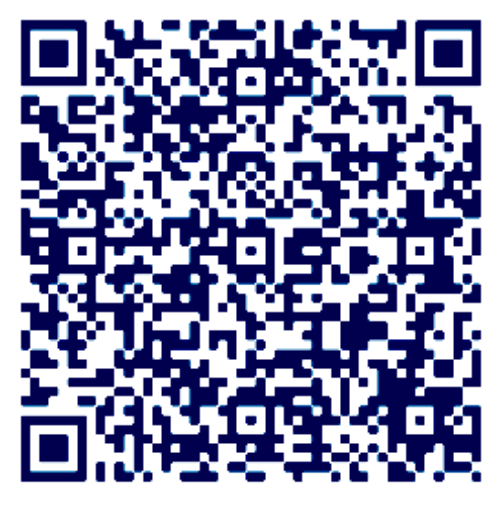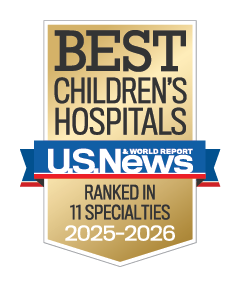

Streamlined referrals for pediatric spinal conditions— from back pain to complex deformities
When to Refer to a Pediatric Spine Specialist
Observation: Abnormal spinal curvature or symmetry
Possible Indication: Scoliosis, kyphosis or congenital deformity
Observation: Back pain >8 weeks, not improving with PT
Possible Indication: Structural or neurological issues
Observation: Neurological symptoms (e.g. weakness, gait issues., numbness)
Possible Indication: Spinal cord compression or tethering
Observation: Postural or gait changes
Possible Indication: Underlying spine deformity or instability
Observation: Curvature >20 degrees on X-rays
Possible Indication: Typically meets criteria for specialist evaluation
Observation: Concerning MRI or imaging findings
Possible Indication: Tumors, Chiari, syrinx, or other anomalies
Conditions Appropriate for Referral
Spine Curvature and Deformities
- Scoliosis (idiopathic, congenital [e.g., hemivertebra], neuromuscular [e.g., cerebral palsy or spina bifida])
- Kyphosis (Scheuermann disease, congenital or neuromuscular causes)
- Spondylolysis (pars defect)
- Spine deformity associated with syndromes (e.g., neurofibromatosis, Marfan syndrome)
- Skeletal dysplasia
- Spondylolisthesis (vertebral slippage)
Neurologic and Structural Conditions
- Chiari malformation
- Syringomyelia
- Tethered spinal cord
- Spine or spinal cord tumors
Other Conditions
- Spine trauma
How to Refer to the Pediatric Spine Center
Download and complete the referral form
Complete and fax the referral form:
-
Oakland: (510) 985-2202
-
San Francisco: (415) 353-4485
You can also contact our Pediatric Access Center by calling
or scanning the QR code:

Let Families Know They Can Self-Schedule
Families can also request appointments online: ucsfbenioffchildrens.org/ortho-appt
Why Refer to UCSF?
- Collaborative care: Your patient is evaluated by a team, including pediatric orthopedic surgeons, neurosurgeons, rehabilitation physicians, brace specialists and more.
- Minimally invasive options: We use advanced diagnostics and innovative surgical approaches, such as vertebral body tethering and 3D spine modeling.
- Efficient transitions: With our network of UCSF Health clinics and hospitals, we provide seamless transitions from pediatric to adult spine care.
- Convenient access: Multiple Bay Area locations and telehealth follow-ups make care more accessible.
- Thought leaders: Our surgeons are nationally and internationally recognized for advancing pediatric spine care. Their research, publications and innovations in surgical techniques have helped shape the field.



